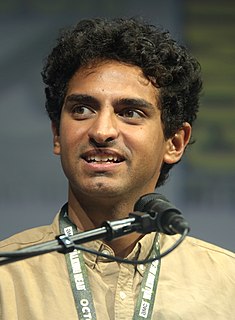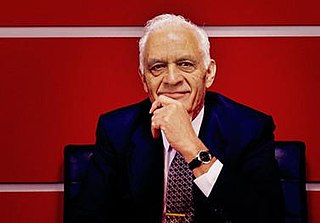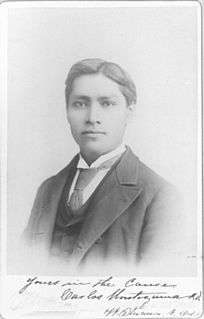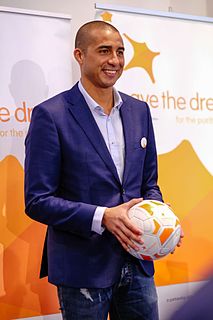A Quote by Shibani Dandekar
It was on my first few trips to India that I finally felt as though I was going somewhere where I could be more 'Indian!' It was a rude awakening when I realized that people here were way more Indian than I was.
Related Quotes
Coming back to America was, for me, much more of a culture shock than going to India. The people in the Indian countryside don't use their intellect like we do, they use their intuition instead, and their intuition is far more developed than in the rest of the world. Intuition is a very powerful thing, more powerful than intellect in my opinion. That's had a big impact on my work.
Cultures, when they meet, influence one another, whether people like it or not. But Americans don't have any way of describing this secret that has been going on for more than two hundred years. The intermarriage of the Indian and the African in America, for example, has been constant and thorough. Colin Powell tells us in his autobiography that he is Scotch, Irish, African, Indian, and British, but all we hear is that he is African.
I think the Tata Group's greatest contribution to the growth of the Indian economy and Indian industry probably happened in the pre-independence era. The Group's investments in industries such as steel, textiles, power and hotels were certainly driven by an entrepreneurial spirit, but they were driven even more, I think, by a desire to make India self-sufficient and independent of its colonial masters then.
Before AIM, Indians were dispirited, defeated, and culturally dissolving. People were ashamed to be Indian. You didn't see the young people wearing braids or chokers or ribbon shirts in those days. Hell, I didn't wear 'em. People didn't Sun Dance, they didn't Sweat, they were losing their languages. Then there was that spark at Alcatraz, and we took off. Man, we took a ride across this country. We put Indians and Indian rights smack dab in the middle of the public consciousness for the first time since the so-called Indian wars.




































